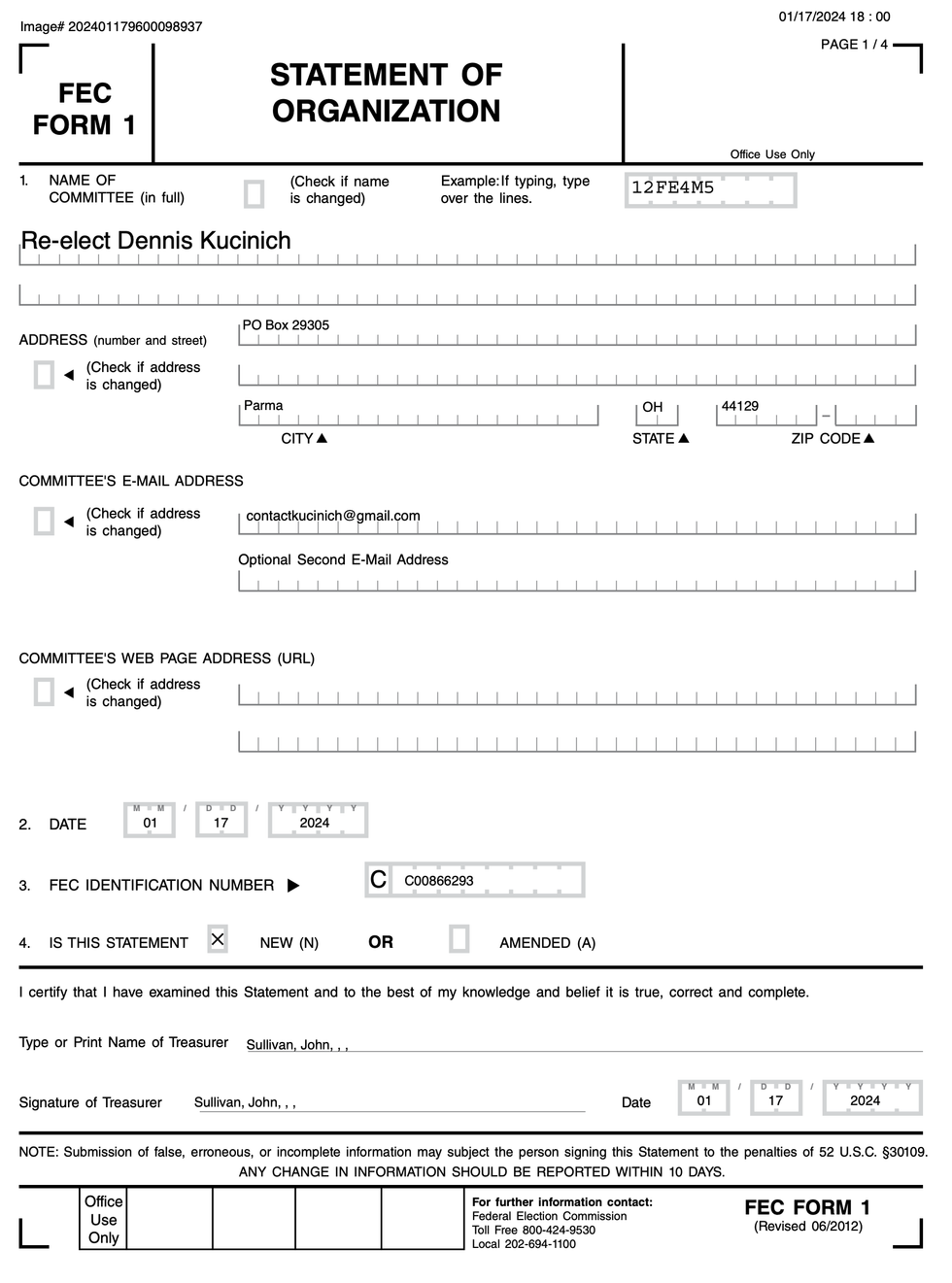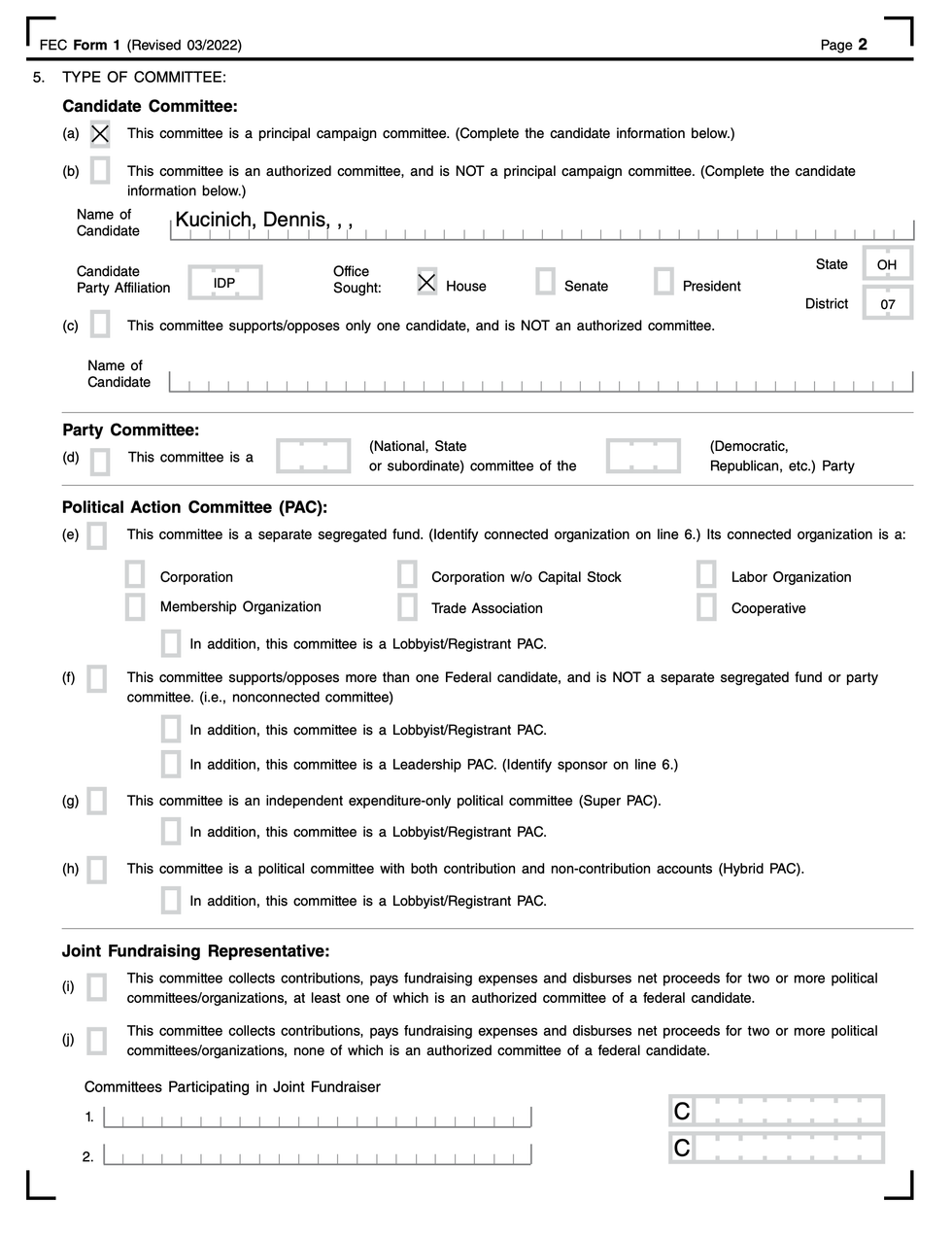Wisconsin was almost certainly on President Donald Trump’s mind when he said this week, “We should take over the voting, the voting in at least many — 15 places. The Republicans ought to nationalize the voting.”
Our swing state was Ground Zero for the fake electors plot to overturn the results of the 2020 election after Trump narrowly lost here. Wisconsin U.S. Sen. Ron Johnson’s office was involved in the effort to pass off fraudulent Electoral College ballots cast by state Republicans for Trump. Our state Legislature hosted countless hearings spotlighting election deniers and wasted $2.5 million in taxpayer dollars on a fruitless “investigation” of the 2020 presidential results, led by disgraced former Supreme Court Justice Michael Gableman, who threatened to arrest the mayors of Madison and Green Bay.
So how worried should we be about Trump’s election takeover threats?
“I wouldn’t be overly concerned that the president could get anything done that’s directly contrary to the Constitution,” says John Vaudreuil, a former U.S. Attorney for the Western District of Wisconsin and a member of the nonpartisan group Keep Our Republic, which works to promote trust in elections.
Not only does Article I of the U.S. Constitution expressly delegate elections administration to the states, Wisconsin has one of the most decentralized elections systems in the country, with about 1,800 local clerks running elections in counties, municipalities and townships throughout the state.
“And they are Republicans, they are Democrats, they are independent,” Vaudreuil says. “Most fundamentally, they’re our neighbors, they’re our friends.”
Trump’s threats of a federal takeover would be both legally and practically hard to pull off in Wisconsin.
But there is still reason to worry. Sowing distrust in elections takes a toll on clerks and poll workers, who have become less willing to put up with the threats and hostility generated by Trump’s attacks. Vaudreuil urges people to support their local elections officials and poll workers and spread the word that the work they do is important and that elections are secure.
Then there’s the danger that Trump could use his own false claims about election fraud to send federal immigration agents to the polls on the pretext that it’s necessary to address the nonexistent problem of noncitizen voting.
Doug Poland, director of litigation at the voting rights focused firm Law Forward, has been involved in election-related litigation in Wisconsin for years, including a lawsuit to block the Trump administration from forcing the state to turn over sensitive voter information.
Poland sees Trump’s threats to “nationalize” elections as part of a pivot from Republican efforts to make in-person voting harder — on the dubious theory that there’s a huge problem with voter impersonation at the polls — to a new focus on stopping absentee voting after many people began using mail-in ballots during the pandemic. But really, it’s all about trying to make sure fewer people vote.
Under former Republican Gov. Scott Walker, Wisconsin passed a strict voter ID law, which one Republican former staffer testified made Republican legislators “giddy” as they discussed how it would make it more difficult for students and people of color to vote.
Like Vaudreuil, Poland sees the current threat from the Trump administration not as an actual takeover of election administration by the federal government, but as an escalation of intimidation tactics.
“Noncitizens generally don’t vote. So it’s a lie,” Poland says. “But it’s, of course, the lie that they’re going to use as a premise to send, whether it’s ICE or whomever it may be, to polling places, probably in locations with Black and brown populations, and that is purely for the purpose of intimidation. And at the same time, they’re pushing back very hard on absentee voting by mail.”
If the Trump administration is preparing to send armed federal agents to the polls to intimidate voters, absentee voting will be more important than ever in the upcoming elections.
Yet, U.S. Sen. Ron Johnson recently told constituents that while he doesn’t think the federal government should take over elections administration, “I think we need to tighten up the requirements for absentee voting. I’m opposed to mail in register or mail in balloting.”
And as Erik Gunn reports, Wisconsin U.S. Rep. Bryan Steil’s Make Elections Great Again Act would restrict absentee voting, along with adding new layers of citizen verification steps while threatening to defund elections administrators who fail to comply with the bill’s onerous requirements.
“They’re going to do everything they can to try to make it harder to vote absentee by mail, to make it harder to vote absentee in person,” Poland says, adding, “They’re going to try to do it so they can put ICE agents around polling places and just try to intimidate people, to keep them away.”
So what can be done?
Voter intimidation is a crime, and specific instances can be addressed through lawsuits, Poland says. Still, he acknowledges (and Law Forward has argued in court) that once someone is deprived of the right to cast a ballot, there’s no remedy that can adequately compensate for that loss. That’s why it was so appalling when the city of Madison asserted that absentee voting is a “privilege” in response to a lawsuit brought by Poland’s organization over 200 lost ballots in the 2024 election.
Of course, in addition to worries about possible violations of individuals’ right to vote, there’s the fear that Trump could manage to subvert elections through heavy-handed tactics like the recent FBI raid to seize 2020 ballots from Fulton County. Both Vaudreuil and Poland think judges would step in to prevent such a seizure in the middle of an election, before the ballots were counted.
Meanwhile, in Wisconsin, absentee voting remains legal and many municipalities are using secure ballot drop boxes. We need to keep on making use of our right (not our privilege) to vote, using all the tools we have in place.
As for the intimidating effect of armed ICE agents at polling places, local officials and perhaps local law enforcement could have a role in protecting the polls and reassuring voters it’s safe to cast their ballots. Neighbors who have been organizing to warn people of ICE raids, bring food to immigrants who are afraid to leave their homes, and form a protective shield around schools could become self-appointed polling place protectors.
If we are going to defend the core tenets of our democracy against an administration that has demonstrated over and over again its contempt for the Constitution and the rule of law, it’s going to take massive public resistance and a flat refusal to give up our rights.
“What is it that will make them stand down from what they’re doing to break the law?” asks Poland. “I think the people of Minnesota have answered that for us better than anybody else can, which is that you have to stand up, you have to exercise your rights, First Amendment rights, the right to vote.”
Exercising our rights is the only way to make sure they are not taken away. Courage and collective action are the best protection we’ve got.
- Ruth Conniff is Editor-in-chief of the Wisconsin Examiner. She formerly served as Editor-in-chief of The Progressive Magazine where she worked for many years from both Madison and Washington, D.C. Shortly after Donald Trump took office she moved with her family to Oaxaca, Mexico, and covered U.S./Mexico relations, the migrant caravan, and Mexico’s efforts to grapple with Trump. Conniff is the author of "Milked: How an American Crisis Brought Together Midwestern Dairy Farmers and Mexican Workers" which won the 2022 Studs and Ida Terkel award from The New Press. She is a frequent guest on MSNBC and has appeared on Good Morning America, Democracy Now!, Wisconsin Public Radio, CNN, Fox News and many other radio and television outlets. She has also written for The Nation, The New York Times, The Washington Post, and The Los Angeles Times, among other publications. She lives in Madison, Wisconsin with her husband and three daughters.
 A filing from "Re-elect Dennis Kucinich" made January 17 with the Federal Election Commission. Source: Federal Election Commission
A filing from "Re-elect Dennis Kucinich" made January 17 with the Federal Election Commission. Source: Federal Election Commission A filing from "Re-elect Dennis Kucinich" made January 17 with the Federal Election Commission. Source: Federal Election Commission
A filing from "Re-elect Dennis Kucinich" made January 17 with the Federal Election Commission. Source: Federal Election Commission


